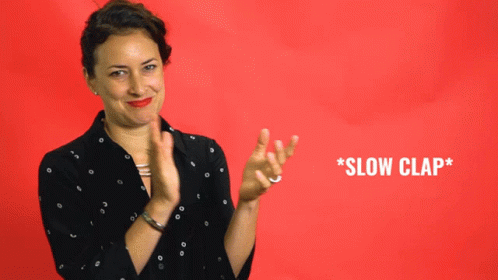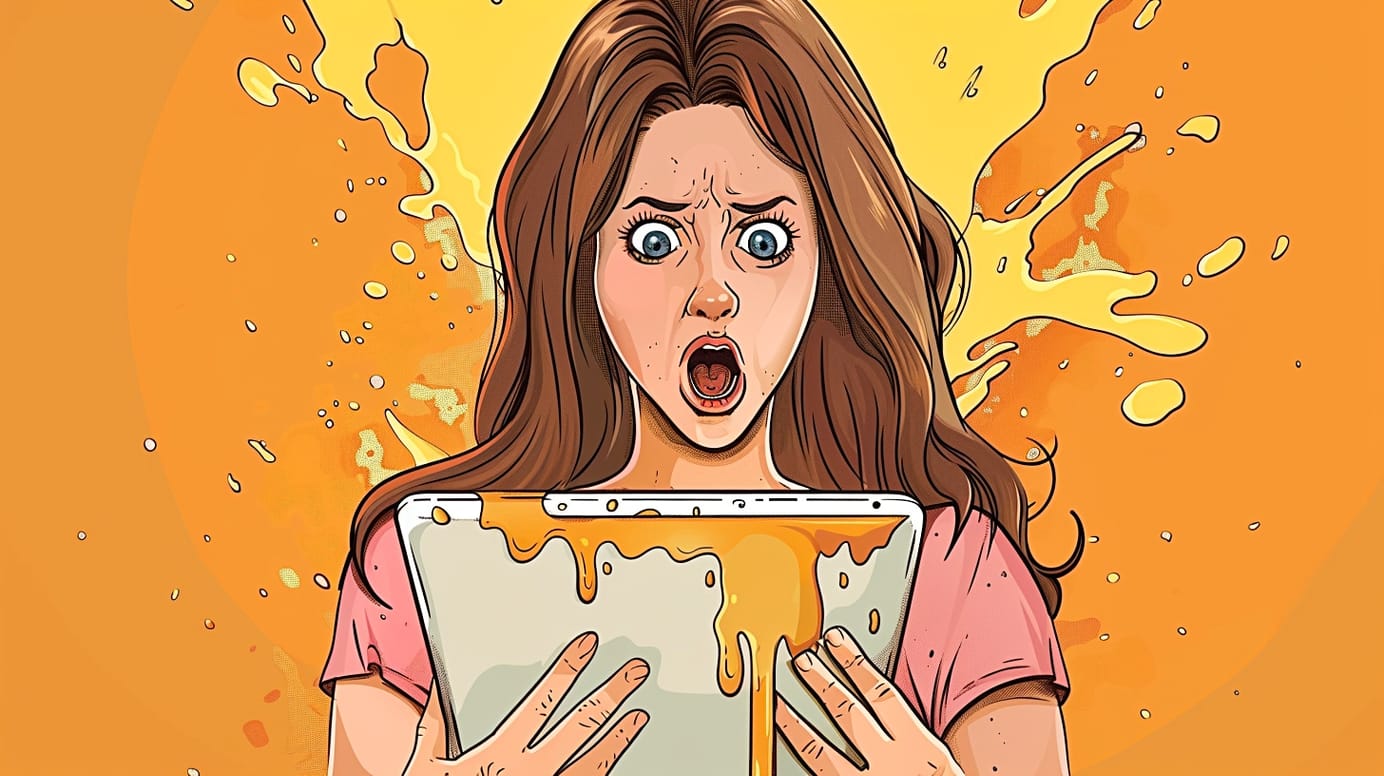
The “Don’t Panic” edition
Stressed by poor Google News traffic? Scared that Apple is coming for your newsletters and AI for your job? Relax. It's not as bad as people claim…
Has your Google News traffic dropped? Don’t Panic!
Seen your Google News traffic drop? Don’t worry, your mad SEO News Skillz haven’t gone stale. Google’s just messed up. As a not on its system status page says:
There's an ongoing issue with indexing in Google News that's affecting all sites. Sites may be experiencing a decrease in traffic from Google News. We're working on identifying the root cause. Next update will be within 24 hours.
Breathe out, relax, wait for Google to fix it — while making sure you make up that traffic from other sources, obvs… 😉
Search Engine Land has written about the issue, which was clearly happening for some days before Google noticed it.
Apple isn’t coming for your newsletters.
Don’t panic about the big, bad fruit company
I was a little shocked the other day to see a newsletter from a media commentator arrive with the terrifying headline Apple has declared war on email newsletters. Blimey! Did I miss something in my piece on Apple’s new privacy features around campaign tracking?
Turns out, no. Simon’s just massively overblowing exactly what I wrote about. This is just plain wrong:
Apple is dead set on making it as difficult as possible for publishers and brands to measure the effectiveness of their newsletter strategies.
Uh, not really, Simon. All it’s doing is taking away the ability to include user-identifiable tracking in campaign tracking. All other link tracking works just fine. I made that point a couple of weeks ago, and PugPig’s Kevin Anderson did a good job of reiterating it last week:
Fortunately, Apple is not looking to strip out all tracking data. Apple will allow what it calls "Private Click Measurement" values, according to Richard Priday of Tom's Guide. What that means in practice is that you will still most likely get source and campaign data, but you won't be allowed to pass any parameter that could tie that click to an individual user.
If you want to know how many people click a link in your email, you’re fine. If you would like to know how many people find your newsletter via Threads, you’re fine. All that link tracking still works.
In truth, Apple doesn’t give a stuff either way about your newsletter. It’s just going to make it harder for you to do personally identifiable tracking via it. And that’s just fine with me. I really don’t want to know which links you click and which you don’t. I just care about which links are more popular in aggregate.
Think AI is coming for your job? Don’t panic (yet)

With all the fear about AI potentially replacing some journalism jobs, there are already some great examples of how the tech just isn’t ready yet. For example, the publishers of io9, a website devoted to the sort of media that generates fandoms, decided to start using AI content. And they told the editorial team… an hour before the first content went live.
The first offering? A timeline of Star Wars media. Easy, right? There must be hundreds of fan-created versions out there on the web. Weeeeeell…
Hello! As you may have seen today, an AI-generated article appeared on io9. I was informed approximately 10 minutes beforehand, and no one at io9 played a part in its editing or publication.
— James Whitbrook (@Jwhitbrook) July 5, 2023
Here is a statement I have sent to G/O Media, alongside a lengthy list of corrections. pic.twitter.com/xlROmxmupA
It’s a chronological list of media… that isn’t chronological.

The team were less than delighted:
“I have never had to deal with this basic level of incompetence with any of the colleagues that I have ever worked with,” Gizmodo Deputy Editor James Whitbrook said in an interview. “If these AI chatbots can’t even do something as basic as put a Star Wars movie in order one after the other, I don’t think you can trust it to report any kind of accurate information.”
“Can AI replace journalists?” is the wrong question. The question publishers should be asking is, “Can AI written-copy be made publishable by editors more cheaply and effectively than just paying humans to write it?” And that’s still unanswered. Any publisher that just sticks AI copy on their site without major editorial work is going to find themselves in trouble.
And broadcast folks don’t need to panic, either
Press Gazette’s Charlotte Tobitt has a reassuring piece for broadcast news journalists. Sky’s science editor built an AI journalist and presenter, and, well, it had a rather tenuous relationship with ideas like “reality” and “accuracy”:
Ultimately the AI reporter ended up generating a fabricated news story that appeared to conflate an article about a milk lorry crashing on the M6 with stories about the environment and a made-up academic study from the US showing that milk binds grit together and makes the road less sticky. The pitch stated: “From laughing stock to eco-friendly solution: Could spilling milk be key to safer highways?”
Editors and fact-checkers, folks. AI has even less compunction about making shit up than the worst end of national newspaper journalism…
A trailer to haunt your nightmares…
What happens when you get an AI to create a trailer for Heidi?
This:
No thanks at all to Charles Arthur for subjecting me to this, a traumatic experience which I’ve now passed on to you…
Sign up for e-mail updates
Join the newsletter to receive the latest posts in your inbox.










